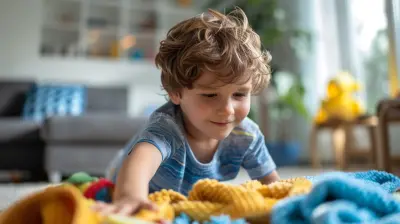Why Boredom Can Be Beneficial for Preschoolers’ Creativity
9 October 2025
Have you ever watched your preschooler stare at the ceiling, looking completely lost in thought, and thought, “Oh no, they're bored”? We live in a world where boredom is often seen as a red flag—a sign that something is wrong or that we’re failing as parents for not keeping our kids constantly entertained. But what if I told you that boredom isn’t the enemy? In fact, what if I told you that boredom could be the secret sauce to unlocking your child’s inner creative genius?
Sounds a little mysterious, right? Stick around, because we're diving deep into why boredom might just be what your preschooler needs to spark their imagination, develop problem-solving skills, and even become more independent. Yes, you read that right—being bored could be the best thing that happens to your kid’s brain.
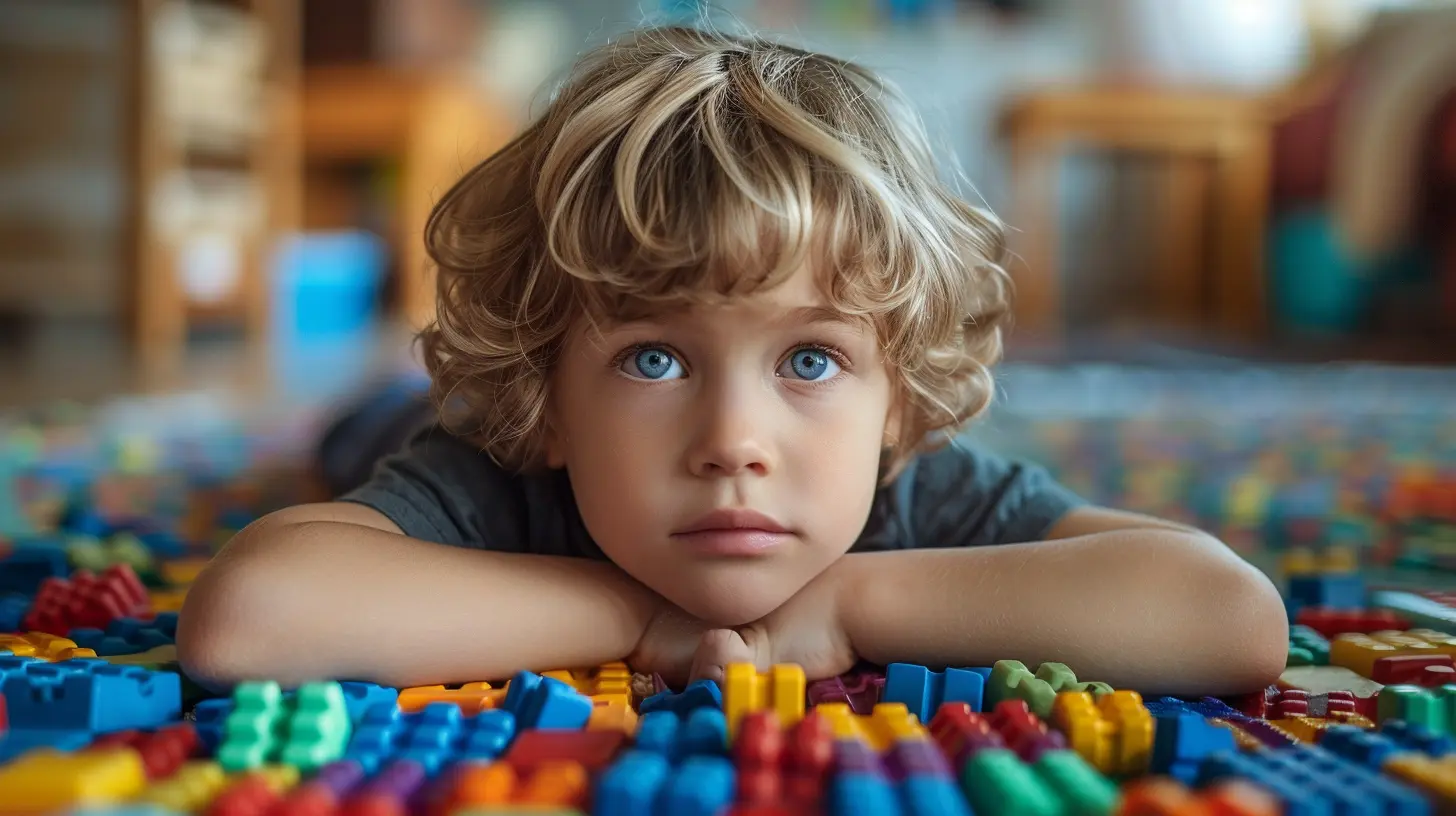
The Myth of Constant Entertainment
We're all guilty of it. Whenever our kids look even slightly uninterested, we reach for screens, toys, or packed schedules to keep them engaged. But here’s a little truth bomb—preschoolers don’t need constant stimulation. In fact, when every moment is filled with noise, direction, and activity, there’s little room left for their own thoughts.Think of it this way: creativity is like a muscle. If it's never stretched or exercised, it gets weak. When we instantly fill a child’s boredom with external solutions, we’re actually robbing them of the chance to flex that creative muscle.
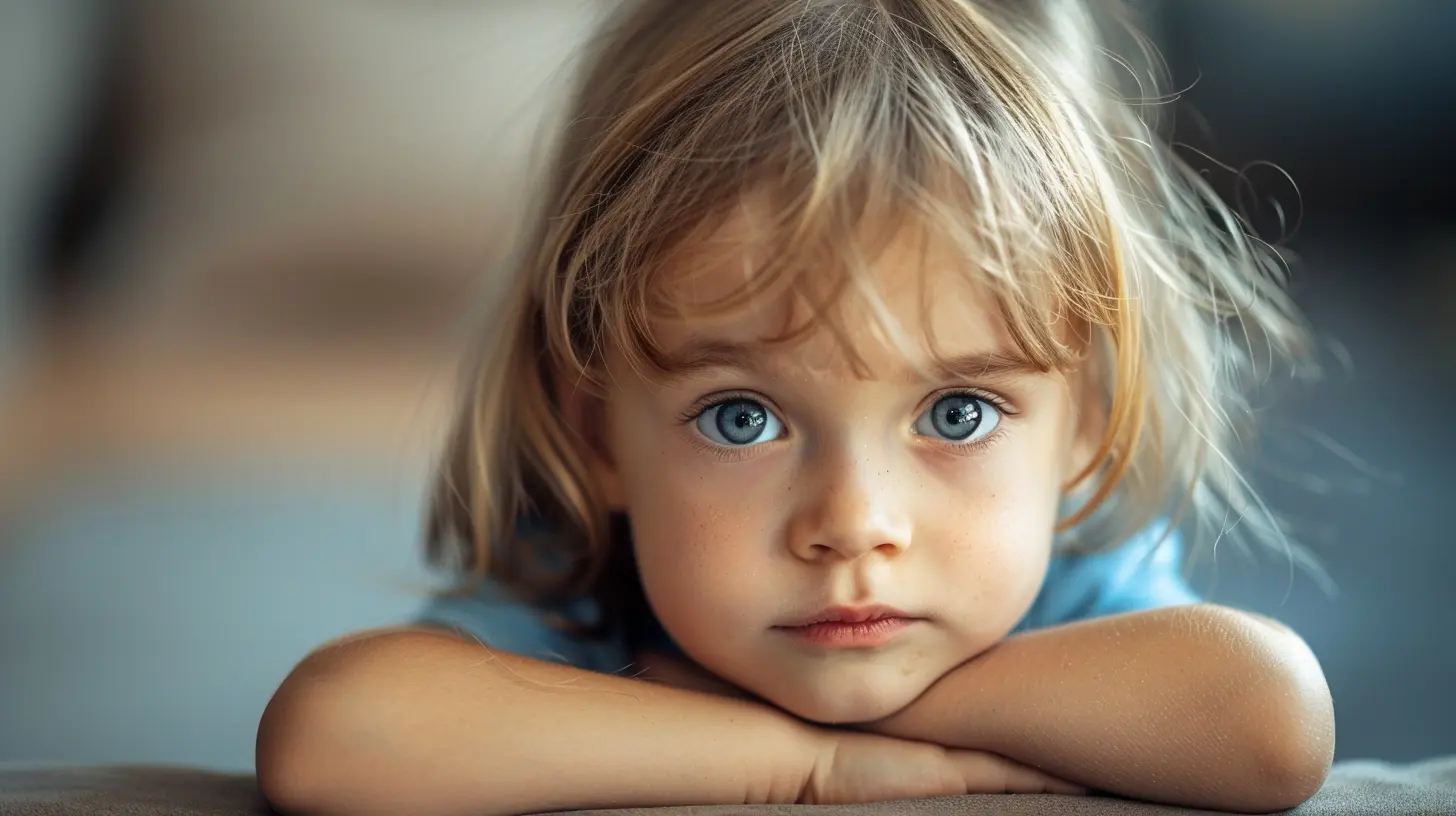
What Happens Inside a Bored Brain?
Let’s get into the science a bit—but don't worry, we're not getting too nerdy here.When a child is bored, their brain doesn’t shut down. Quite the opposite. One part of the brain—the Default Mode Network—actually lights up. This area is associated with daydreaming, recalling memories, and imagining the future. It's the playground of creativity and problem-solving.
In simple terms? Boredom nudges the brain into a “what if” mode.
You’ll start to notice your preschooler turning a cardboard box into a spaceship, or using couch cushions for a mountain-climbing expedition. This imaginative play isn’t just cute—it’s cognitive gold.
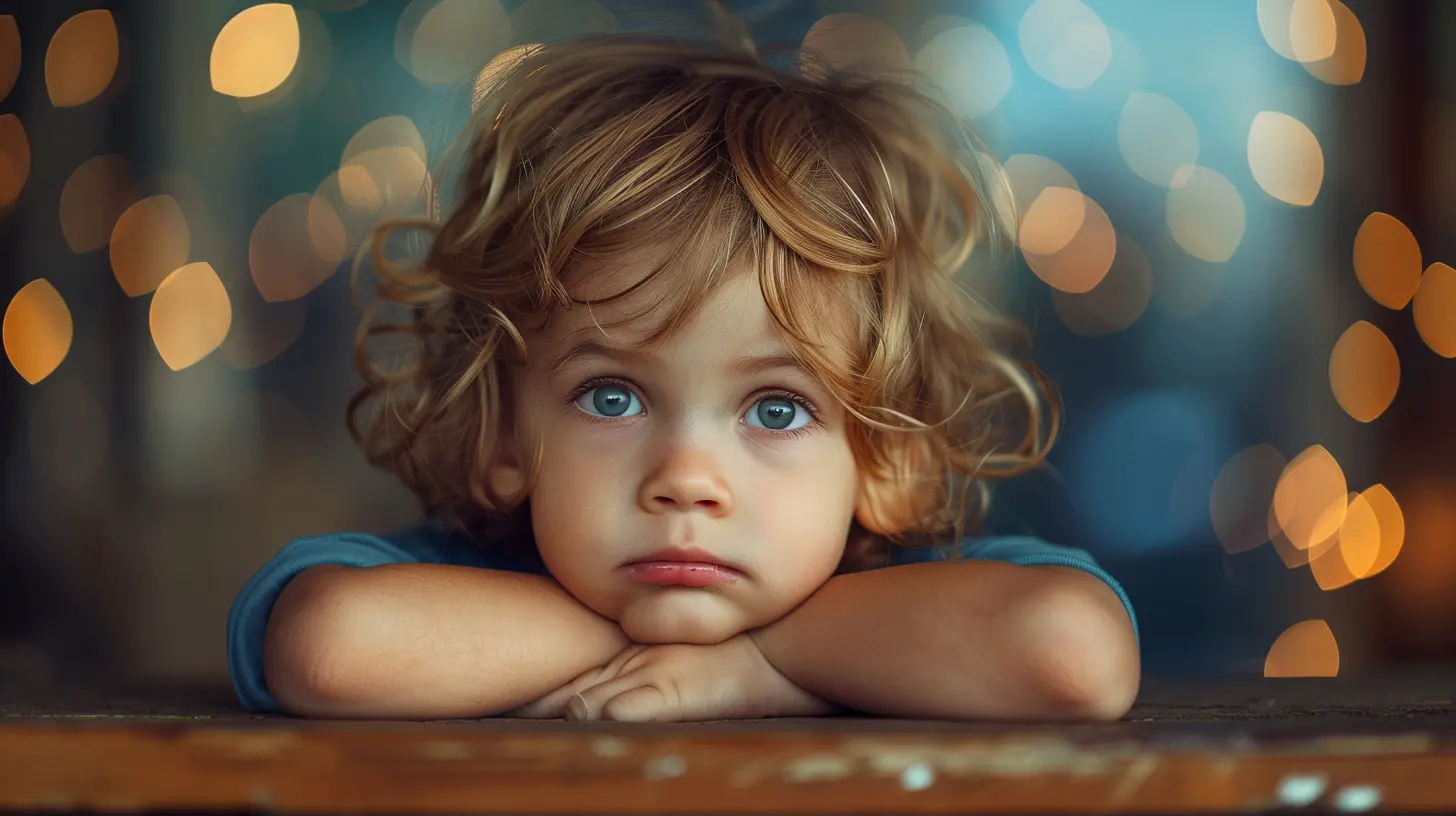
The Link Between Boredom and Creativity: It’s Not Coincidence
Let’s go back in time. Think of some of history’s greatest thinkers and creators—Einstein, Mozart, even Steve Jobs. Do you think they had every waking moment filled with structured activities and YouTube videos? Probably not.They had space—mental and physical—to wander, to get bored and then to get curious.
Children, especially preschoolers, are wired to make connections between things that adults might not even notice. Give them time and space, and suddenly, a pile of twigs becomes a fort, a set of spoons becomes a drum kit, or a rain puddle becomes a magical potion pool.
Boredom is the blank canvas on which creativity paints.
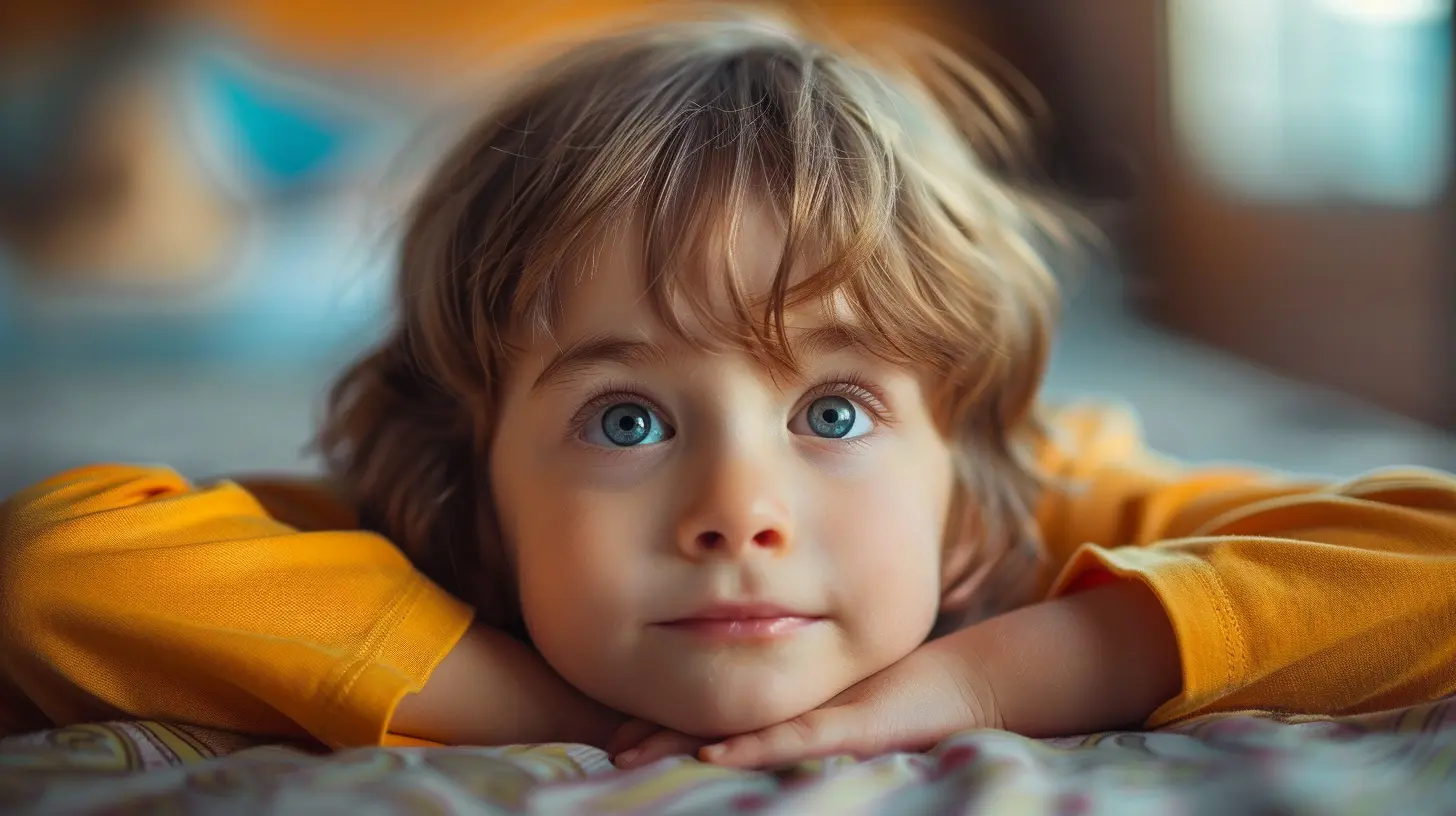
The Rise of the Over-Scheduled Child
Modern parenting sometimes feels like a competitive sport. Gymnastics on Monday, music on Tuesday, art class on Wednesday, and so on. Don’t get me wrong—exposure to various activities is fantastic. But too much structure can backfire.When every hour is accounted for, preschoolers don’t get the downtime they need to just “be.” That’s when burnout creeps in, and the creative juices start to dry up. Boredom, in contrast, gives their busy little brains a breather, a chance to process, and room to invent.
Isn’t that kind of wild? The same boredom we dread might be the very thing that helps our kids thrive.
But Wait—Isn’t Boredom Frustrating for Them?
Absolutely. And that’s actually part of the magic.When your child whines, “I’m boooored,” your instinct might be to jump in with a list of activities. But hold up—this discomfort is valuable. It teaches them how to sit with their feelings, think through their options, and figure out what to do next.
Picture it like this: boredom is a blank page. It might be scary at first, but it’s also full of possibility.
By resisting the urge to “fix” their boredom, you're doing something powerful—you’re giving your child a chance to become an independent thinker.
How to Make Boredom Work for Your Preschooler
Okay, so now that we’re on the same page—that boredom is actually awesome—how do we harness it without chaos taking over?Here’s the trick: set the stage but don't steal the show.
Let’s unpack that.
1. Create an Invitation, Not a Direction
Instead of saying, “Let’s build a tower,” say, “I wonder what you could build with these blocks?” That slight shift gives your preschooler the reins. Suddenly, it’s not a task—it’s a challenge.Place open-ended materials around the house—like art supplies, old clothes for dress-up, cardboard boxes, blankets, and pillows. These aren’t just things—they’re the seeds of a story waiting to grow.
2. Embrace the Mess (Even if It Makes You Cringe)
Real creativity is messy. Glitter, glue, dirt—it’s all part of the process. Letting kids explore without a rigid outcome teaches them that mistakes are part of thinking outside the box.So yeah, you might end up with cereal box robots and mud pies, but you’re also raising a child who knows how to bring their ideas to life. That’s a fair trade-off, right?
3. Allow for Quiet Time
Noise can drown out imagination. Try something radical—schedule some “nothing” time. No screens, no toys with batteries, no adult-led games. Just... space.You’ll be surprised how quickly “I’m bored” turns into “Look at my storybook castle made from couch cushions and socks!”
4. Avoid the Urge to Jump In
It’s tough, but when your child says they’re bored—don’t solve it for them. Instead, respond with curiosity: “Hmm, I wonder what you’ll come up with?” You’re showing them that it’s okay not to have a plan—and that they’re capable of making their own fun.A Sneaky Side Effect: Building Grit and Resilience
Here’s something you might not expect—boredom doesn’t just boost creativity. It also builds grit.When a preschooler figures out what to do on their own, despite feeling frustrated or uninspired, they’re learning perseverance. It’s like emotional weightlifting. They’re growing stronger, more confident, and more resourceful.
That’s a win, no matter how you slice it.
When Boredom Turns Sour: Knowing the Difference
Of course, not all boredom is created equal. If your child seems listless, withdrawn, or unusually irritable, it’s worth checking in. Sometimes boredom is a mask for bigger emotions like loneliness or anxiety.The goal isn’t to leave them to flounder—it’s to guide them gently while leaving space for their ideas to bloom.
Think of yourself as the backstage crew. You don’t directly perform, but you’re essential to helping the show go on.
Real Talk: Boredom in the Digital Age
We can’t ignore the elephant in the room—screens. Tablets, phones, and TVs provide instant gratification, which makes good old-fashioned boredom harder to tolerate.Here's a little challenge: try a daily "tech-free hour." No screens, no structured play. Just time and space.
At first, it might be rough. But over time, you'll likely witness a beautiful transformation. You might catch your preschooler deep in pretend play, creating elaborate scenarios, or inventing their own games. That’s creativity rising from the ashes of boredom.
Final Thoughts: Let Go and Let Them Wonder
In a culture that moves at lightning speed, pressing pause can feel like falling behind. But giving your preschooler the gift of boredom is actually a giant leap forward.It teaches them to be curious, imaginative, and self-reliant. It opens the door to storytelling, invention, and play that no app or toy can match.
So next time your little one sighs dramatically and says, “I’m bored,” smile. You’re not failing—you’re paving the way for their creativity to take center stage.
Let them wander. Let them wonder. Let them be bored.
Because sometimes, magic is born from nothing at all.
all images in this post were generated using AI tools
Category:
Parenting PreschoolersAuthor:

Liam Huffman
Discussion
rate this article
1 comments
Mitchell Good
Boredom sparks creativity, nurturing imagination in preschoolers.
October 22, 2025 at 3:51 PM

Liam Huffman
Absolutely! Boredom allows preschoolers the space to explore, think freely, and invent their own play, which fosters creativity and imagination.
